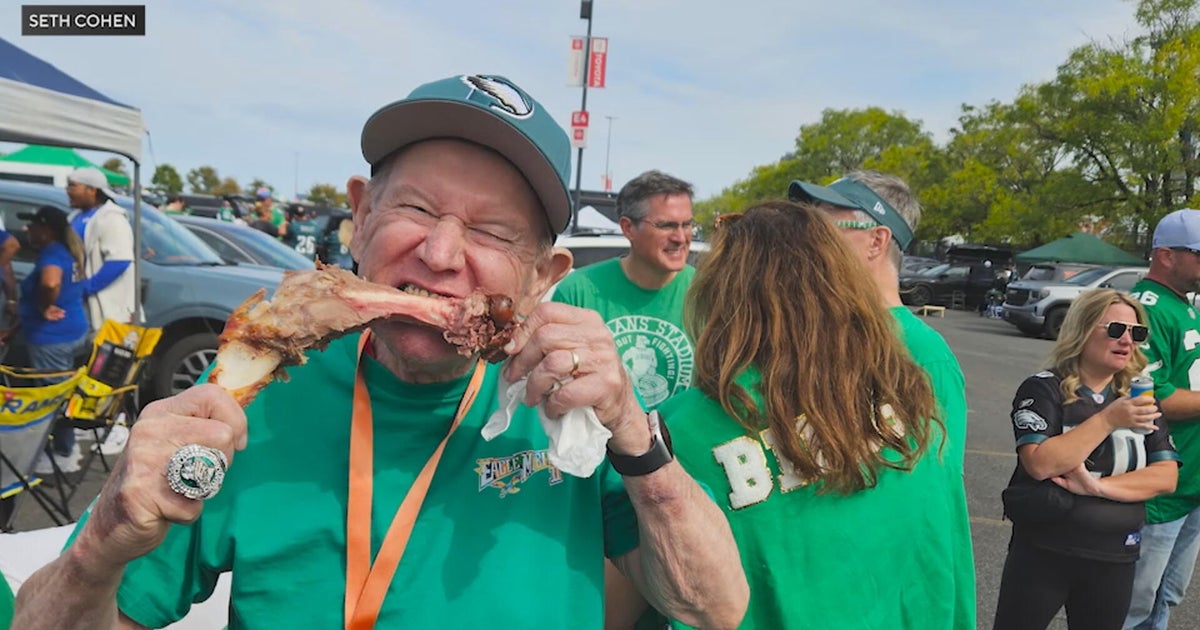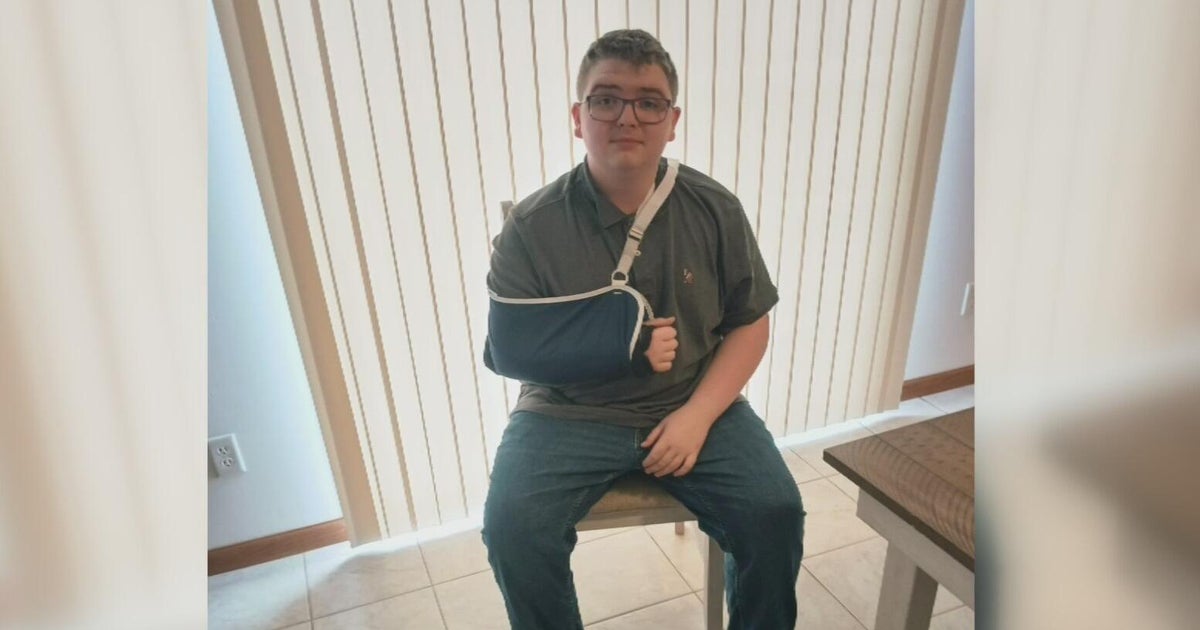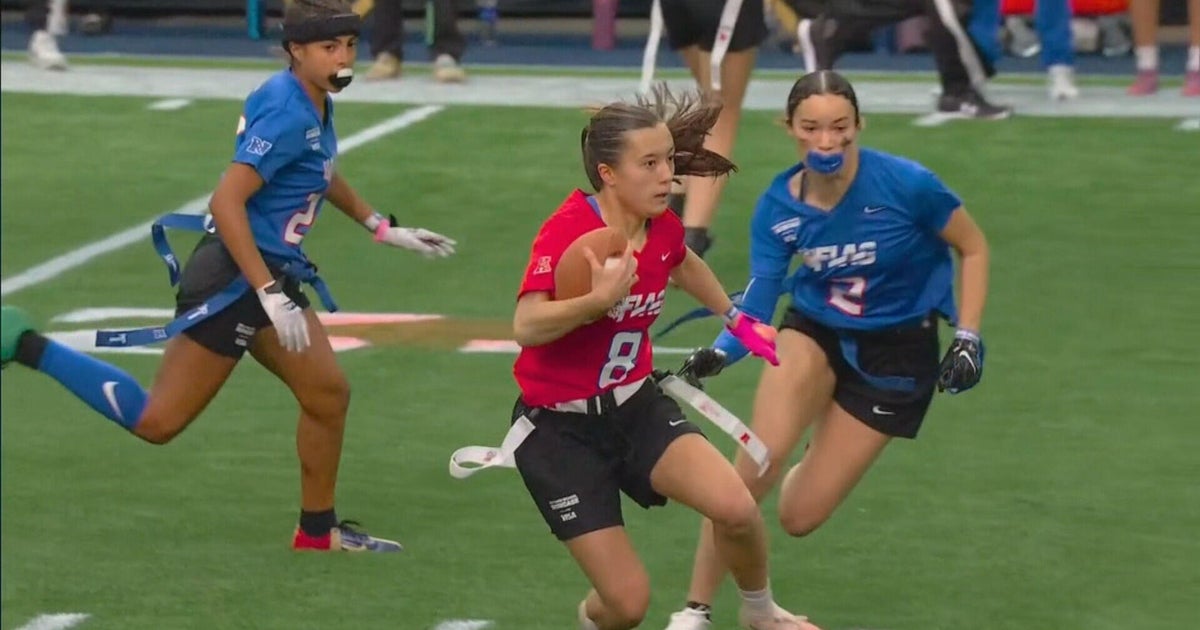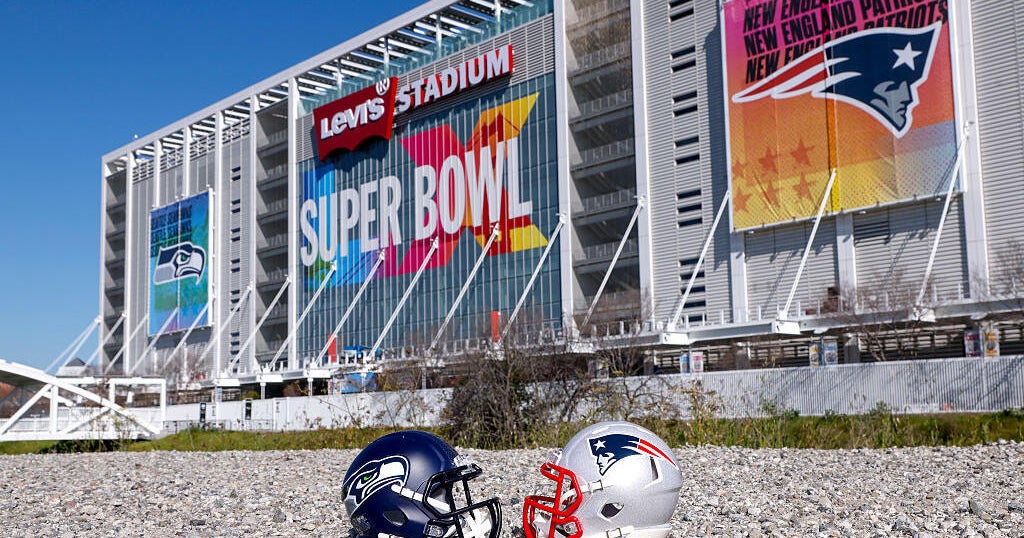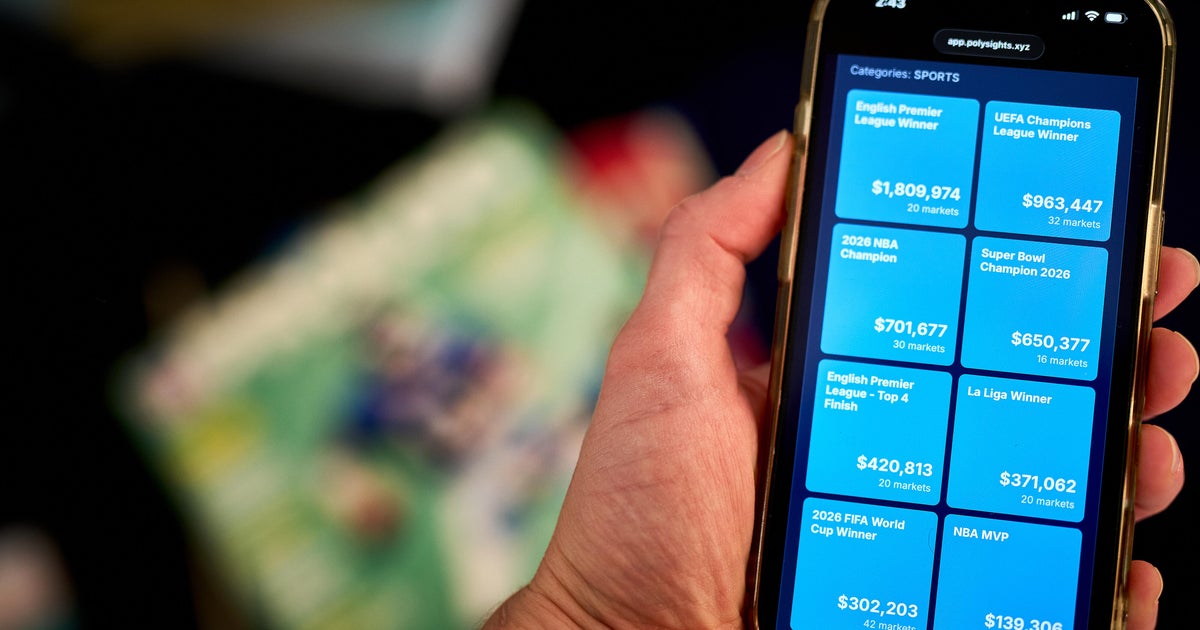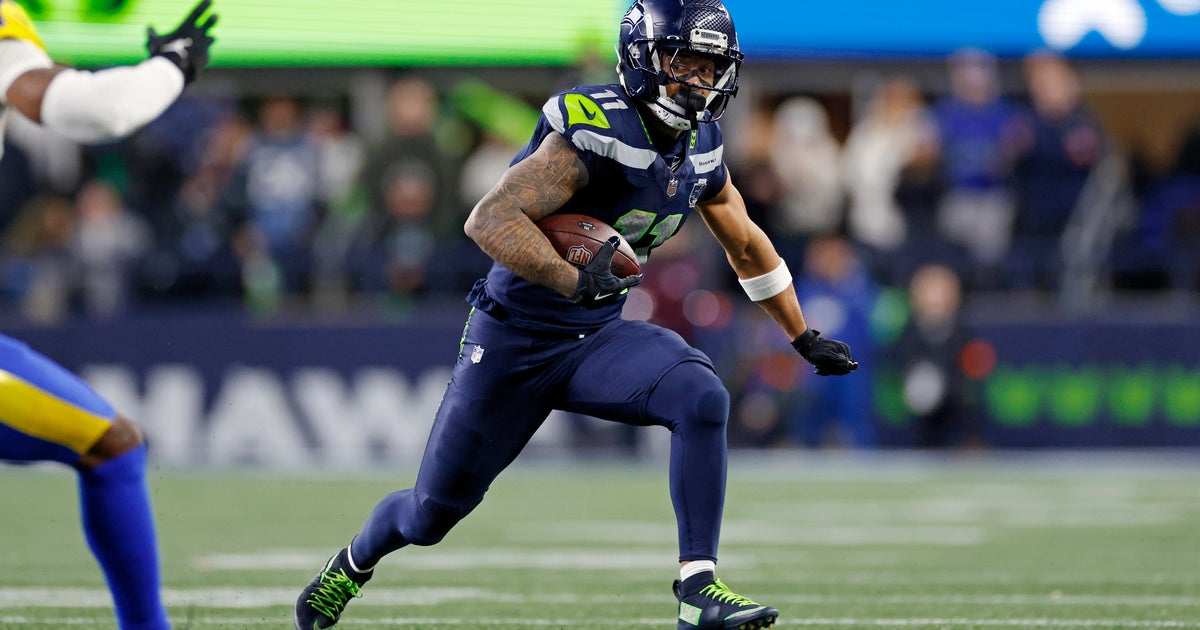Bernstein: Concussion Talk Obscures Dark Truth
By Dan Bernstein-
CBSChicago.com Senior Columnist
(CBS) In a way, concussions are good for the NFL.
Commissioner Roger Goodell stood before the media at his annual Super Bowl state-of-the-league speech, and sounded as if he cared when addressing issues of player safety. He hit the right notes about their responsibility to make the game safer, staying on the leading edge of medical research, and seeking independent opinions.
Then, as is usually the case, the coverage focused only on the most severe impacts and extreme cases, ignoring the less spectacular times and places where the real damage is being done.
And once again, the real conversation never happens.
Colt McCoy getting blasted into next week by James Harrison makes for exciting video. The ensuing soap-opera aftermath drove discussion, as does the story of the Chargers' Kris Dielman taking a shot to the head, going back into the game, and suffering a seizure on the flight home.
It's dramatic stuff, indeed, and worthy of attention. The current lawsuit from a group of NFL players also concentrates on specific, identifiable instances of head-trauma, and how team medical personnel responded, or not. But big-hit concussions function as a convenient distraction – a light that draws the swarm of media moths away.
What should be examined more closely, though, is what's not so obvious.
As chronicled by the Chicago Tribune in 2010, a team of biomedical researchers from Purdue University conducted a study of a high school football team in Indiana. The results should have been a clarion call to anyone involved with the game.
Of the 21 players monitored for a full season, those without concussions suffered greater cognitive impairment. The scientists believe that the harm done by the uninterrupted accumulation of sub-concussive hits -- every game, every practice -- was actually worse than the big blows. This fact is now being understood to a greater degree by the top doctors involved with the best, most complete studies.
In December, the brain of former NFL player Lew Carpenter was found to have an advanced case of chronic traumatic encephalopathy, despite never having suffered a concussion. Here's an excerpt from one story:
"Damage may be caused as much or more by the low-level, or sub-concussive, blows to the heads as by the big hits replayed on the highlight shows that leave a player wobbly.
'It's the total brain trauma. Tens of thousands of subconcussive blows all add up,' Dr. Robert Cantu told the Associated Press. 'You can't draw a line between number of concussions and risk for CTE. You have to factor in the subconcussive trauma. It's equally – if not more – important.'"
Cantu is with the Boston University team affiliated with Chris Nowinski, who held a press conference last week in Indianapolis to discuss how the league handles head injuries. Another group, the West-Virginia-based Brain Injury Research Institute, has had its own experience with similar findings.
Bengals' receiver Chris Henry died at age 26, also having never had a single concussion. The BIRI found Henry's brain to have advanced CTE. Per the Pittsburgh Post-Gazette, the study concluded "The single, highlight-video concussive blow isn't the most dangerous part of the game. Rather, it is the constant thumping of the helmet and the brain inside the skull that causes long-term harm. The scientists found in Mr. Henry's tissue 'chronic changes that have been there for several years,' Dr. Julian Bailes said. 'And these are not all NFL-caused,' meaning they stem from youth, high school and college football, as well."
So it's more than just moments of trauma. It's the game itself.
The NFL also benefits from new attention paid to concussion by other sports. Big NHL hits, "upper-body-injuries" and the plight of Sidney Crosby raise needed awareness, but also distract from the dangers specifically endemic to football. Same goes for MLB and Justin Morneau.
Goodell and the league are protected by concussion talk to the extent that the media (and, in turn, the public) ignore the fact that good ol' football is destroying brains on its own – at every level, and all the time.
Pressure is mounting from former players to push the NFL to acknowledge that they knew all this stuff was bad for their brains. So watch for the league to exploit this disconnect, now, to create an opportune shield. Goodell can relent on the tightly-defined link between concussion and brain damage, while never exposing the business by recognizing the reality.
As long as this is seen as the league's "Concussion Problem," they never have to face up to the truth of what it is:
A Football Problem.
Dan Bernstein has been the co-host of "Boers and Bernstein" since 1999. He joined the station as a reporter/anchor in 1995. The Boers and Bernstein Show airs every weekday from 1PM to 6PM on The Score, 670AM. Read more of Bernstein's columns here. Follow him on Twitter @dan_bernstein.
Listen to The Boers and Bernstein Show podcasts >>
